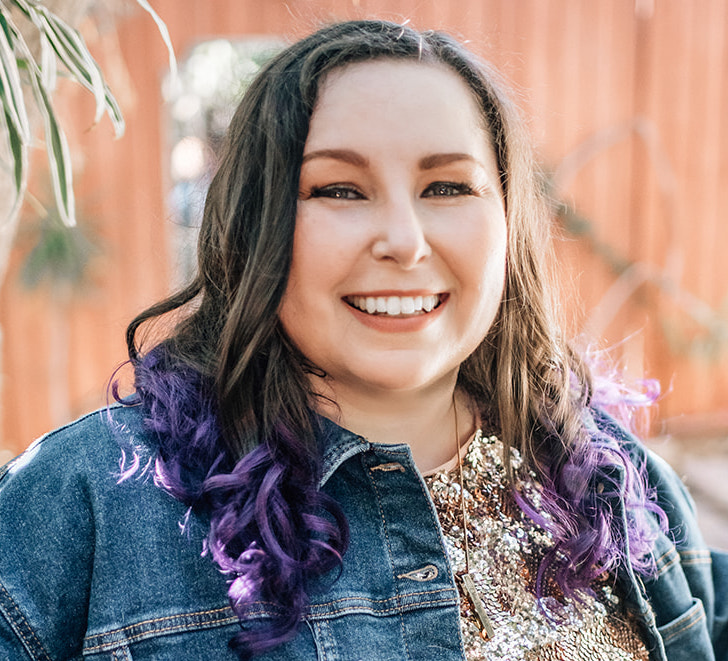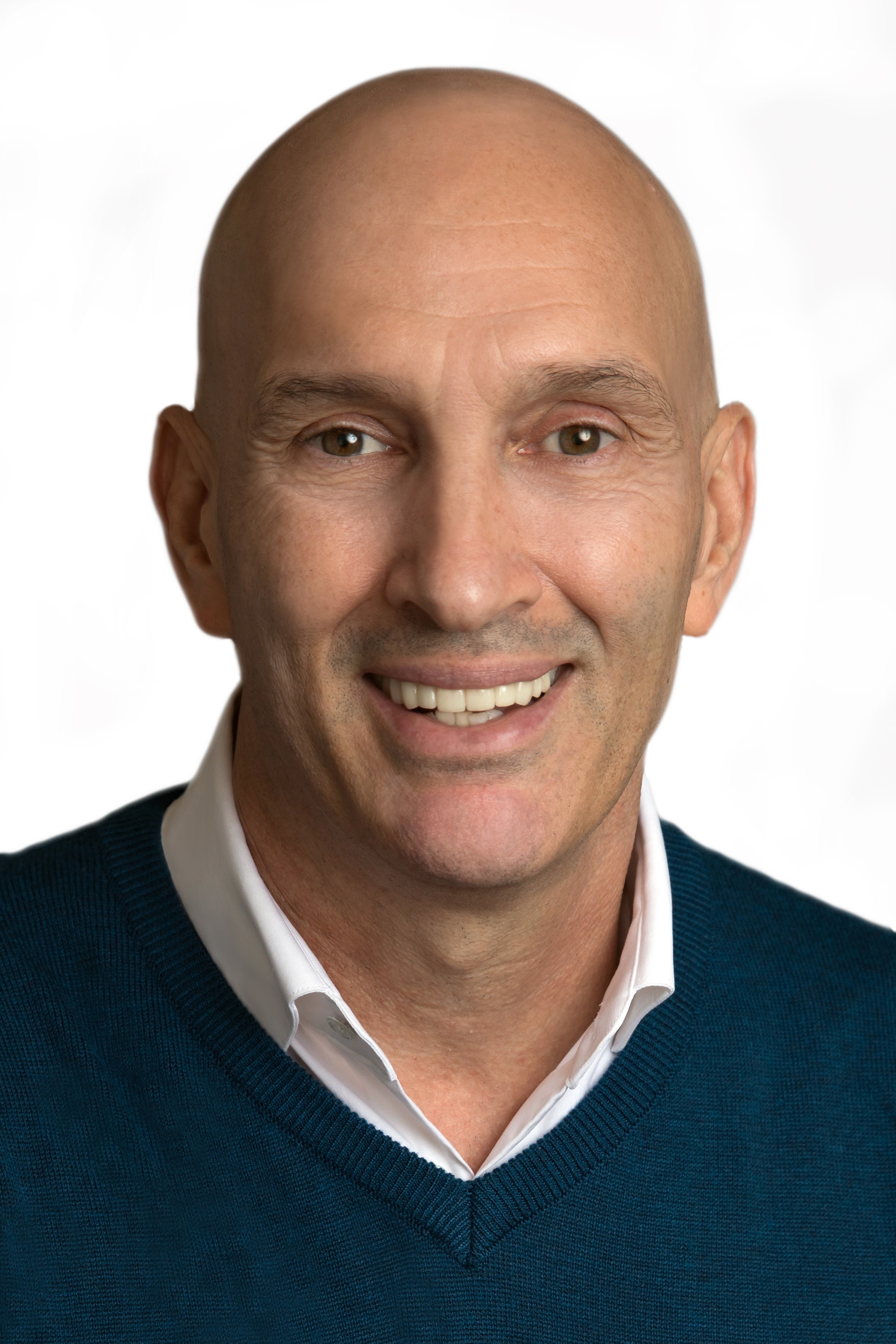Mental Health Awareness Month
As the calendar turns to May, it marks the beginning of Mental Health Awareness Month, a crucial period for advocating, understanding, and destigmatizing mental health issues. This year, amidst the ongoing global challenges, the focus on mental health couldn't be more relevant. Mental health is not just a personal issue; it's a universal human right that demands attention, care, and advocacy. It's a reminder that every individual, regardless of their background, deserves access to mental health resources, support, and understanding. Mental health issues often face discrimination, neglect, and lack of resources, hindering individuals from exercising this fundamental human right. One of the primary barriers to mental health care is stigma. Fear of judgment and discrimination prevents many from seeking help or speaking openly about their struggles. In October during LACPA convention Dr. Derald Wing Sue will provide us with the knowledge, skills and tactics that we can use in our continuing efforts to disarm and dismantle racism and bias.
Access to mental health services is another critical aspect of ensuring mental health as a universal human right.

 Co-occurring disorders, also known as dual diagnosis, refers to the presence of two or more disorders or conditions in an individual simultaneously. These disorders can be mental health disorders such as depression, anxiety, or Bipolar Disorder, or they can be substance use disorders such as alcoholism or drug addiction.
Co-occurring disorders, also known as dual diagnosis, refers to the presence of two or more disorders or conditions in an individual simultaneously. These disorders can be mental health disorders such as depression, anxiety, or Bipolar Disorder, or they can be substance use disorders such as alcoholism or drug addiction.
